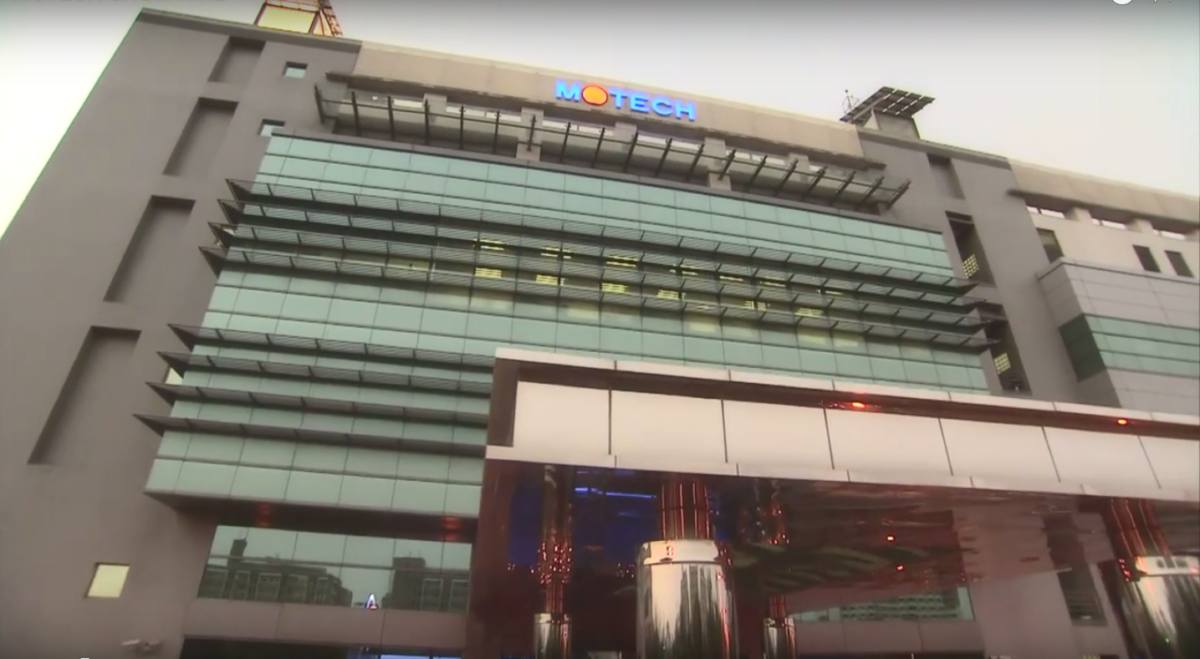Citing “severe volatility” in the solar market the Taiwanese solar PV cell and module manufacturer has announced that a further 916 staff will be let go on January 28, 2019.
“We would like to thank employees who are affected by the plan for their hard work and contributions over the years to Motech. In order to minimize the impact, the Company will offer with comprehensive resources and comply with all relevant regulations and procedures of Labor Standards Act (LSA),” it said in a notice published.
To navigate the difficult market conditions, Motech says it will now double down its efforts on delivering high efficiency cells and modules, and expand its presence in its domestic market.
In a seperate notice, the company expands on these plans saying it is actively pursuing this strategy, having partnered with an unidentified “global large solar developer, as well as increased manpower resources to fully support downstream solar system business.”
It adds that it is cooperating with an unidentified research organization to “research and develop the next generation high-efficiency solar cell.” This product “might” be ready for mass production in the first quarter of 2019, it says.
No further details were released.
Home turf
Currently, Taiwan aims to install 20 GW of solar PV by 2025. In a recent report, EnergyTrend says the country is on track to realize this, with “record” installations of 470 MW seen in the first half of 2018.
It also says that the upstream industry is increasingly looking downstream. So there is potential to take advantage of. However, other domestic players, like the newly formed United Renewable Energy Corp., which has just received financial backing from the Taiwanese Government, could be in a stronger position going forward.
Meanwhile, Taiwan approved a referendum to stop the phase-out of nuclear power on Sunday, which some say could slow down the development of the renewable energy industry on the island, although not all see it that negatively.
Motech’s woes
Motech, which started making cells in 2009, blames China’s recent PV policy pivot for its shortfalls and, indeed, since the announcement in May, the company has made a number of cutbacks both in staff and production capacity.
However, it has long been struggling to regain the glory of its former years, when it was one of the world’s leading solar manufacturers.
Back in October 2011 during PV Taiwan, James Chen, then Senior Director for Motech’s Marketing and Commercial Division told pv magazine that plans to expand capacity in 2012 were on hold, due to the unstable market conditions. “It’s a difficult time to even see through the next months,” said Chen, adding that 2011 has been worse than 2008 for the solar industry.
And while Taiwanese manufacturers enjoyed a period of relative success in 2012 and 2013 on the back of the U.S. and European trade disputes, with cell shipments hitting record highs (although revenues were impacted by the fierce price wars resulting from oversupply), this changed in 2014, when the United States closed a loophole allowing Chinese manufacturers to avoid tariffs by using cells manufactured in third countries.
The primary effect was to stem the tide of dumped solar products in the United States. A secondary impact saw Chinese solar companies revert in their droves to their domestic market, resuming the production of cheaper, home-made solar cells for sale to the U.S. market.
While many Chinese solar companies could afford to navigate the U.S. AD tariffs, higher costs in Taiwan meant the U.S. market was prohibitively expensive for even the big four, which included Motech. It saw its shares drop around 20% on the back of the news.
This content is protected by copyright and may not be reused. If you want to cooperate with us and would like to reuse some of our content, please contact: editors@pv-magazine.com.




By submitting this form you agree to pv magazine using your data for the purposes of publishing your comment.
Your personal data will only be disclosed or otherwise transmitted to third parties for the purposes of spam filtering or if this is necessary for technical maintenance of the website. Any other transfer to third parties will not take place unless this is justified on the basis of applicable data protection regulations or if pv magazine is legally obliged to do so.
You may revoke this consent at any time with effect for the future, in which case your personal data will be deleted immediately. Otherwise, your data will be deleted if pv magazine has processed your request or the purpose of data storage is fulfilled.
Further information on data privacy can be found in our Data Protection Policy.